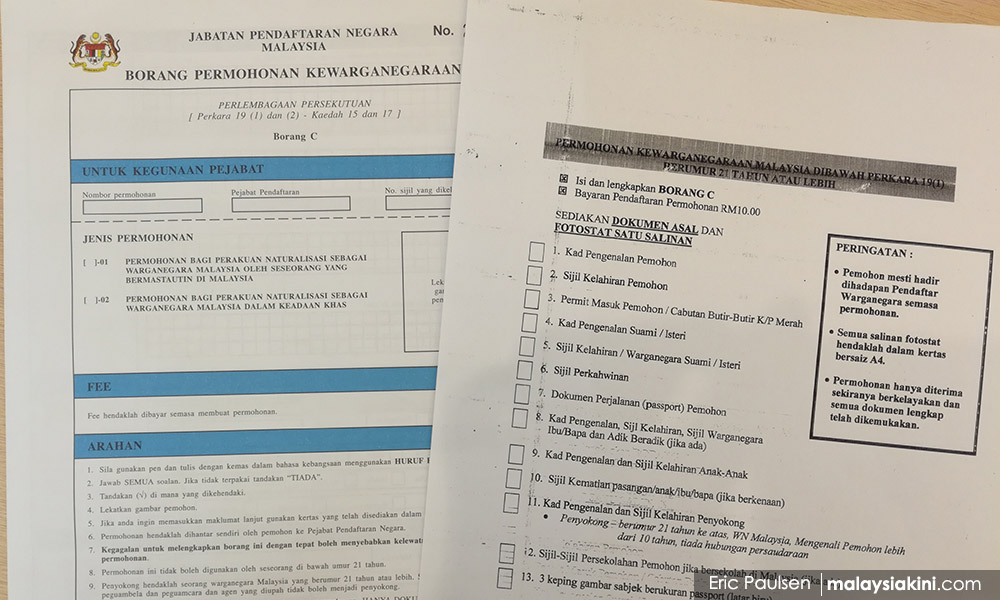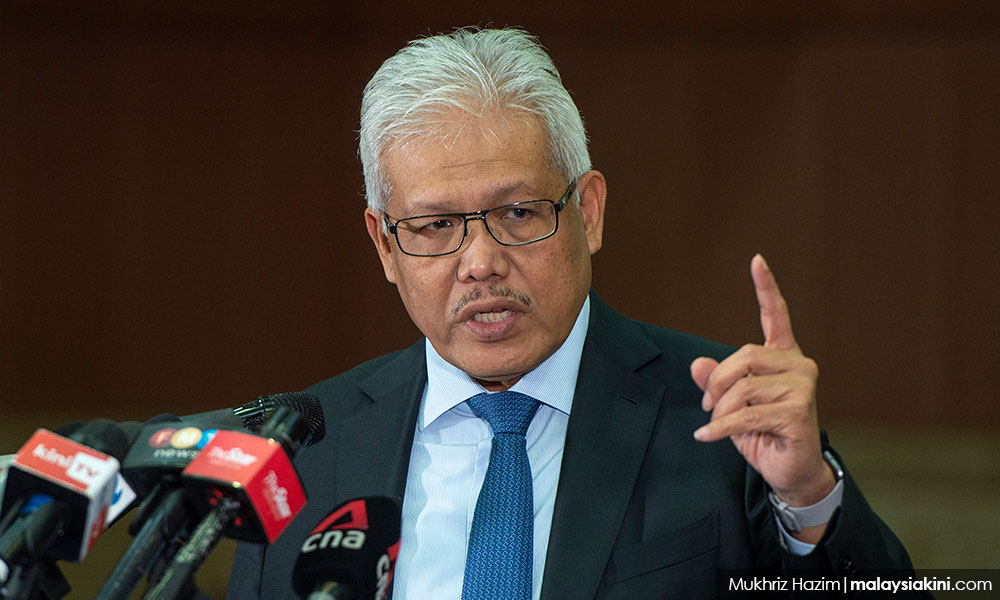Development of Human Resources for Rural Areas, Malaysia (DHRRA) lauds the Home Ministry’s decision to grant stateless individuals a one year window period to apply for citizenship, as shared by Home Minister Hamzah Zainudin in Parliament during the committee stage of Budget 2021 on Dec 14.
His acknowledgement and concern over the prolonged and unresolved statelessness issue in Malaysia is an attestation of the Home Ministry’s increased responsiveness towards addressing the issue.
DHRRA’s extensive and continuous intervention with the stateless population exposed the presence of stateless population across Malaysia, both in the peninsula as well as in East Malaysia. The plight of the stateless people was brought to the surface by DHRRA through a widespread mapping exercise carried out in 2014 to quantify the number of people affected by statelessness issue in West Malaysia.
Concurrently, community-based paralegal services and support were provided to the stateless and undocumented communities in assisting them to submit their citizenship applications to the National Registration Department (NRD).
In his sharing, the home minister had also urged the stateless individual who has not registered with the NRD to do so as soon as possible. However, DHRRA’s community-based intervention, thus far, revealed additional challenges that prevent the stateless and undocumented communities from proceeding with their citizenship applications.
In addition to language barrier and literacy challenges, which hamper their understanding of the overall application procedures and prevent them from performing well during the language interview conducted by NRD, stateless people also face problems in providing the supporting documents to substantiate their applications. These range from missing or damaged proof of birth to inconsistency in the birth details and typos in their birth certificates.

The stateless community also face challenges due to NRD procedures and requirements, including the existing SOP which requires the presence of two witnesses, at least 15 years older than the subject, to initiate late birth registration. Securing such witnesses becomes a challenge for the pre-independence stateless population.
DHRRA is also concerned about the growing number of stateless children in the country, whose number was observed to be higher than the pre-Independence stateless population during the mapping exercise. This is attributable to several factors, including the gender inequality provision in the national law and the ambiguousness and challenges in the citizenship application of foundlings as well as adopted children.
Despite possessing and submitting the required supporting documents to NRD, many still are not deemed entitled to acquire citizenship status. Some of them had to reapply three to four times over a period of several years to be finally recognised as Malaysian citizens. Therefore, not possessing proper documentation and evidence to register, as highlighted by Home Minister Hamzah, are not the only factors that prevent stateless people from acquiring citizenship.

DHHRA continues to appreciate the NRD's role in working within its SOP. To change the status quo, political will, through the involvement of the government actors, particularly the Home Ministry, is crucial in understanding and addressing many of the salient challenges affecting NRD's ability to process stateless applications.
As aptly stated by the home minister, the statelessness issue would cause more problems in the future if it is prolonged further. Therefore, DHRRA urges the government to take the necessary and immediate steps in understanding and addressing the challenges faced by the stateless population in submitting and proceeding with their citizenship applications, particularly in reviewing the deterrent SOP of the NRD.
Statelessness is undeniably a factual issue, as evident from the presence of thousands of stateless individuals amidst us. Political will is a must to resolve it.
Though one year is a good key performance indicator to assess the progress made in addressing the issue, a holistic solution will only be possible through the involvement of varied stakeholders in offering an alternative solution to the existing challenges facing the stateless population in our country.
SARAVANAN M SINAPAN is president of Development of Human Resources for Rural Areas, Malaysia (DHRRA).
The views expressed here are those of the author/contributor and do not necessarily represent the views of Malaysiakini.

